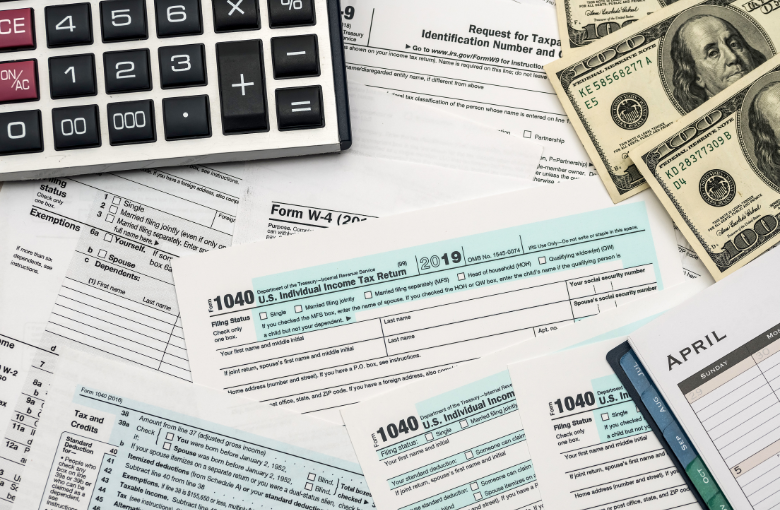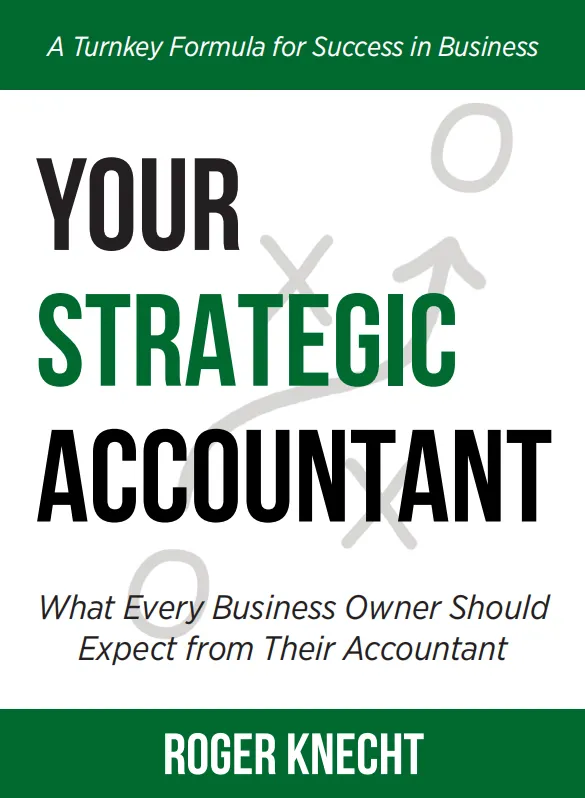If you’re searching for the best tax preparer course, you’re likely looking to advance your career, gain a competitive edge, and become certified in a field with consistent demand. With tax season driving the need for skilled professionals, enrolling in a comprehensive tax preparer course can be a game-changer. Whether you’re just starting or upgrading your skills, it’s important to choose a course that balances affordability, features, and industry-recognized certification courses.
In this blog, we’ll break down the top features to look for, compare leading providers, and explain how Universal Accounting School delivers exceptional value in tax preparation training.
Why Choosing the Best Tax Preparer Course Matters
The best tax preparer course isn’t just about watching videos and passing a test. It’s about understanding tax laws, learning how to apply them, and gaining the confidence to serve clients or work in a professional setting. A quality tax preparer course should offer:
- Up-to-date tax code education
- Hands-on practice with real-life scenarios
- Access to experienced instructors
- Nationally recognized certification
- Flexible learning options
Not all certification courses are created equal, which is why doing your research pays off.
Features to Look for in a Tax Preparer Course
When evaluating the best tax preparer course, consider the following features:
1. Accreditation and Certification
Choose a course that leads to an industry-recognized certification. It adds credibility and boosts your resume. At Universal Accounting School, students earn the Professional Tax Preparer™ (PTP) certification, one of the most respected credentials in the industry.
2. Curriculum Depth
Look for a course that covers both individual and small business tax preparation, along with deductions, credits, and recent tax law changes. The Universal Accounting School offers in-depth modules that align with current IRS guidelines and tax updates.
3. Support and Mentoring
Having access to expert mentors can make a big difference. Universal Accounting provides ongoing support through phone, email, and online forums to guide you through every step of the learning process.
4. Flexible Learning Options
Online and self-paced courses allow you to learn on your schedule. Universal Accounting’s tax preparer course is designed for working professionals and students alike, with 24/7 access to materials.
5. Practical Application
Courses that include practical exercises, client simulations, and case studies prepare you for the real world. This is where Universal Accounting truly shines, ensuring students graduate with experience they can immediately use.
Comparing the Best Tax Preparer Courses
Let’s take a closer look at how some popular certification courses compare:
| Provider | Features | Certification Offered | Cost | Format |
| Universal Accounting School | Hands-on training, IRS-compliant curriculum, mentoring | Professional Tax Preparer™ | $1,500–$2,000 | Online/Self-paced |
| H&R Block Academy | Basic and advanced tax prep, classroom setting | Certificate of Completion | $1,000–$1,500 | In-person |
| Liberty Tax School | Tax prep for individuals and businesses, live sessions | Liberty Tax Certificate | $500–$700 | In-person/Online |
| Surgent Income Tax School | CTEC, IRS-approved content, open enrollment | AFSP, CTEC | $300–$900 | Online |
While some courses may cost less, they often lack the depth and ongoing support that a premium program like Universal Accounting provides. The investment reflects the quality of education, resources, and the value of a respected certification.
Cost vs. Value: Is It Worth the Investment?
You might be wondering: is the best tax preparer course really worth the money?
Absolutely. A quality tax preparer course can:
- Increase your earning potential
- Open up job opportunities
- Position you to start your own business
- Provide IRS-recognized certification
- Build confidence with clients and employers
Universal Accounting School combines value with quality. While the course may cost a little more upfront, its depth, mentorship, and job placement assistance offer a clear return on investment.
Certification Courses That Lead to Real Careers
Certification matters in the tax prep industry. The Professional Tax Preparer™ (PTP) certification offered by Universal Accounting not only confirms your skills but also demonstrates your commitment to professional excellence.
This certification:
- Enhances your resume
- Meets IRS and state requirements
- Sets you apart from uncertified preparers
- Is ideal for freelancers, employees, or business owners
Many certification courses don’t go beyond the basics, but the PTP program dives deep into both personal and business tax returns, helping you build a sustainable career.
Who Should Take a Tax Preparer Course?
Whether you’re:
- Starting a new career
- A bookkeeper or accountant expanding your service offerings
- A small business owner handling your own taxes
- A freelancer looking to earn seasonal income
The best tax preparer course can give you the tools you need to succeed. And if flexibility, mentorship, and real-world application are important to you, Universal Accounting School stands out as a top choice.
Why Universal Accounting School Is the Best Choice
Here’s what sets Universal Accounting School apart:
- Accredited curriculum tailored to real-world tax work
- Self-paced learning that fits your schedule
- Expert support and mentoring
- Professional certification that boosts your credibility
- Lifetime access to updates and resources
Plus, you get the confidence of learning from a school with over 40 years of experience training professionals in accounting, bookkeeping, and tax preparation.
Conclusion
Investing in the best tax preparer course is an investment in your future. At Universal Accounting School, our certification courses are designed to help you become a qualified, confident, and certified tax preparer ready to thrive in today’s competitive market.
The right tax preparer course can change your life. It’s not just about passing a test it’s about mastering a skill that’s always in demand. When it comes to certification, support, and job readiness, Universal Accounting School offers the best tax preparer course on the market today.












